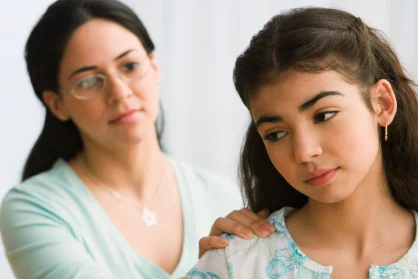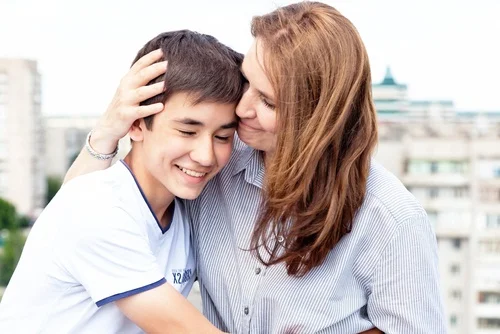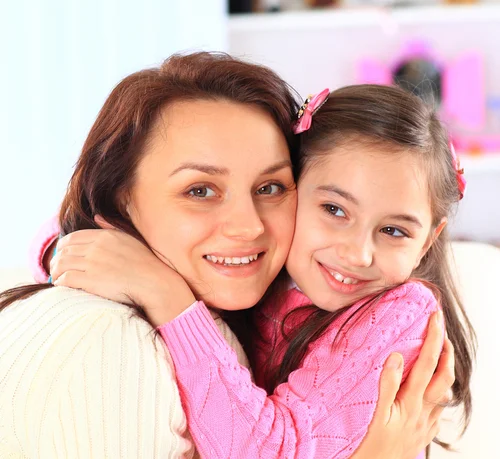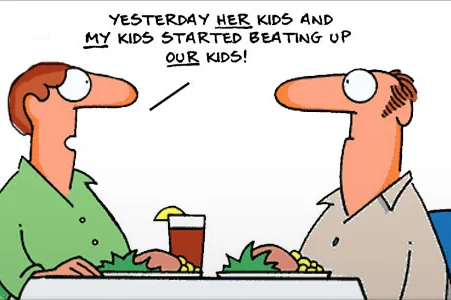+1 845 259 2974 (11 a.m to 7 p.m CST)
Emotional Pressures of Single Parenting On Teens

In a major study conducted by Swedish researchers on single parenting, it was revealed that children from single parent families are twice as much vulnerable to mental health issues, substance abuse problem and attempted suicide. An estimated 41% of children are born outside the marriage with single parents. According to the latest survey carried out by the U.S. Census Bureau, approximately 28% of the children in the U.S. are living in single parent families.
Dr. Keith Ablow, a psychiatrist has outlined several psychological effects of single parenting on children. He believes that, single parenting issues, if not treated properly, can bear serious consequences on the lives of children.
- The most important thing at play in a single parent home is poverty. Census 2012 revealed that 24% of single parent families are ones with single moms; of which 80% live in poverty. This narrows down the opportunities for kids and develops low self-esteem among them.
- Time is a casualty in single parent families. From sunrise to sun down, the single parent has to do all the chores at home, and manage work along with it. This leaves them with very little time to spend with their kids. Lack of their parent’s attention makes the teens feel depressed and unwanted; and in order to fill that void, they, often, seek company which may be harmful for them.
- Children of divorced parents are always in a fix. They are always trying to resolve confrontations between their parents. In such a situation, teens are most likely to develop a sense of insecurity. This causes them to have trust issues in other relationships too.
- No matter how society has progressed in past decades, single parenting is still looked down upon in the society. Children have to face this discrimination on financial and social levels. This marginalization may force them into alcohol or substance abuse and in extreme cases they may become suicidal.
- However, things are not as gloomy as the statistics show. Following are some of the steps that parents and the society can take, to protect teens from psychological suffering of this nature:
- If your parenting system isn’t working due to financial pressures, then the community and government should step in to make the situation better for the family.
- While the parent is busy making ends meet and working full time, grandparents or close relatives and friends can give a helping hand in taking care of the kids in their absence.
- Nothing makes as much difference as building a strong relationship with your teen. The most important way is through direct and unrestricted communication with your child. Listening and sharing goes a long way in a relationship.




























